
By Edwin S. Kwame KOGE
Ghana’s illegal mining crisis, galamsey, has long been framed as an environmental issue. A battle over poisoned rivers and stripped forests. But beneath the mud and mercury lies a far deeper tragedy: the moral collapse of custodianship.
Chiefs, family heads, and local elites, the very people entrusted with communal land, have become silent partners in the destruction they are supposed to prevent.
Across the Gulf of Guinea, Nigeria is fighting a different but strikingly similar monster. In the oil-rich creeks of the Niger Delta, illegal crude oil tapping and artisanal refining, known locally as kpo-fire, have ravaged the land, the air, and the national conscience. There too, community leaders, militants, and government insiders are in bed with the criminals. Two nations, two resources, one affliction: the twin curse of greed.
Custodians turned collaborators
Roughly 80 percent of Ghana’s land is under customary tenure, managed by chiefs and family heads as trustees of ancestral heritage. In theory, it is a sacred social contract – land held in trust for future generations. In practice, many of these custodians have turned brokers, leasing or selling land to illegal miners for envelopes of cash and promises of “development.”
The constitutional arrangement that vests minerals in the state but land in traditional authority has become a moral loophole. Chiefs claim they have no control once the land is sold. Government insists it can’t act without the custodians’ cooperation. In between this bureaucratic blame game, forests fall, rivers die, and communities lose everything but dust and disease. These aren’t isolated misdeeds.
In several gold-bearing regions, from Tarkwa to Dunkwa, Obuasi to Prestea, chiefs have issued letters of allocation to foreign miners and local syndicates. The state, often complicit or impotent, looks away. When soldiers raid the sites, the “big men” behind the deeds remain untouched. It’s a system that punishes shovel bearers and shields pen holders.
Nigeria’s mirror – The fire in the creeks
Nigeria’s Niger Delta tells the same story, only with oil instead of gold. For decades, illegal tapping of pipelines and bush refining of crude have flourished under the watch of local chiefs, militants, and corrupt state actors. In Port Harcourt, black soot rains on rooftops; in Bayelsa, mangroves burn at night. Every litre of stolen crude fuels a network of power and patronage that stretches from village chiefs to high-ranking officials.
The Nigerian government has tried nearly everything including military taskforces, amnesty programmes, and modular refinery licenses. Yet the kpofire business persists, costing the country an estimated $3 billion annually in lost revenue.
The problem is not the poverty of the Delta’s people, but the prosperity of those profiting from the chaos. Like Ghana’s galamsey, Nigeria’s oil theft thrives because those meant to protect the commons have become its predators.
Governance failure, not environmental failure
Both crises expose the same disease: weak governance wrapped in cultural legitimacy. Chiefs in Ghana justify land sales for galamsey as a way to create jobs. Community leaders in Nigeria defend oil bunkering as economic survival. Strip away the rhetoric and you find elites exploiting collective assets while invoking tradition and poverty as moral cover. The deeper tragedy is official complicity.
In both countries, the state has focused on the foot soldiers, thus, the small-scale miners and creek boys, while leaving the power brokers unscathed. Prosecutions are rare, and when they occur, they rarely climb up the chain.
Meanwhile, public resources are drained fighting wars that the elite quietly fund. Until Ghana and Nigeria find the courage to criminalise and prosecute custodial complicity which include chiefs, family heads, and community gatekeepers who lease or protect illegal operations, both will keep chasing shadows.
Economic suicide in slow motion
The economic impact is devastating. In Ghana, galamsey has forced the Ghana Water Company to spend millions on treatment or shut down entire plants along the Pra and Ankobra. Thousands of farmers have lost fertile land. The state loses revenue through uncollected royalties and post-destruction rehabilitation costs.
In Nigeria, oil theft has crippled production, undermined refinery operations, and forced costly imports of refined fuel. The environmental cost is incalculable. Fishless rivers, cancer-causing soot and destroyed livelihoods.
Both economies are victims of what economists call resource predation: when wealth meant for national progress is consumed by corruption at the source. If natural resources are a measure of governance capacity, then Ghana and Nigeria are failing the test spectacularly.
The cultural complicity we dare not name
In both countries, the authority of traditional or community leaders makes accountability politically radioactive. In Ghana, speaking against a chief can be deemed disrespectful; in Nigeria, challenging a local militant’s control can be fatal. So, communities whisper, leaders enrich themselves, and the land bleeds quietly.
This is cultural complicity. When heritage becomes a shield for wrongdoing. Chiefs and elders are not above the law, yet they are treated as if they are. Custodianship must evolve from hereditary privilege to fiduciary responsibility. The stool or throne must become a seat of stewardship, not a sales desk.
What Ghana and Nigeria can learn from each other
Nigeria’s oil saga offers a grim warning. Once illegality becomes a parallel economy, it is nearly impossible to dismantle. Galamsey in Ghana is fast reaching that point. Entire communities now depend on it for survival. The longer it persists, the harder it will be to reverse.
Yet Nigeria’s experiment with modular refineries offers one modest lesson: formalising small-scale production under strict environmental oversight can limit damage and integrate locals into the formal economy. Ghana could adapt a similar model for small-scale mining, pairing it with real accountability for chiefs and financiers. But let’s be clear: no amount of regulation will fix a moral problem. Without integrity in leadership, laws become decorative.
Arrest the custodians
The next phase of Ghana’s anti-galamsey strategy must target those who enable it from the top. Chiefs and family heads who lease communal lands for illegal mining must face the same penalties as those who dig the pits.
The same applies to Nigeria’s community leaders who shield oil thieves. Governments cannot continue pretending to fight from the bottom. If the moral authority of leadership is to mean anything, it must come with accountability. Tradition should not be a get-out-of-jail card.
The true price of silence
The battle for Ghana’s gold and Nigeria’s oil is no longer about minerals. It’s about the soul of leadership. When custodians become cartels, when guardians sell what they swore to protect, nations lose more than natural resources; they lose their moral compass. Galamsey and kpo-fire are not just crimes against the environment.
They are betrayals of trust, of history, of heritage, and of the generations yet unborn. Until chiefs and community elites are held to the same standards as the poor men they exploit, West Africa will remain trapped in this twin curse of greed. And the rivers, gold and oil alike, will keep flowing, not with wealth, but with shame.
>>>the writer has strong expertise in Public Relations, International Affairs and Public Engagement across government, corporate, and non-profit sectors. Skilled in developing integrated communication strategies that strengthen reputation, build public trust, and shape policy. Experienced in managing PR campaigns, crisis response, CSR initiatives, and political communication. Proven ability to align communication with organizational goals to drive growth. Culturally aware, analytically sharp, and results-driven in complex communication and fast-paced work environments. Holds an MPhil in Strategic Public Relations Management, an MA in International Affairs, a BA and Diploma in Communication Studies, and a Training Certificate in Information Technology. Professional experience includes roles as a former Research Assistant at Parliament of Ghana, Administrative Assistant with PR duties at Ho Technical University, and Senior High School English Language and ICT teacher. Research interests focus on standards, ethics, transparency, and accountability in Public Relations practice in Africa. He can be reached via | [email protected] | www.linkedin.com/in/edwinsarkoge
The post Gold and oil, chiefs and cartels: West Africa’s twin curse of greed appeared first on The Business & Financial Times.
Read Full Story
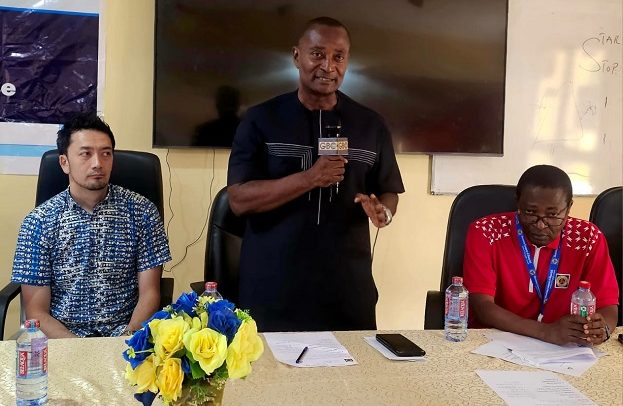
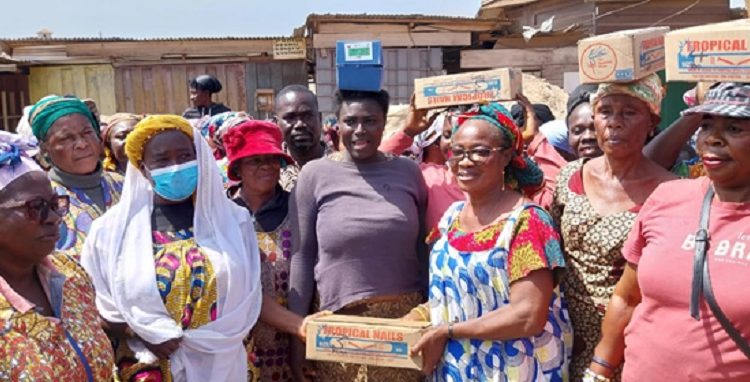


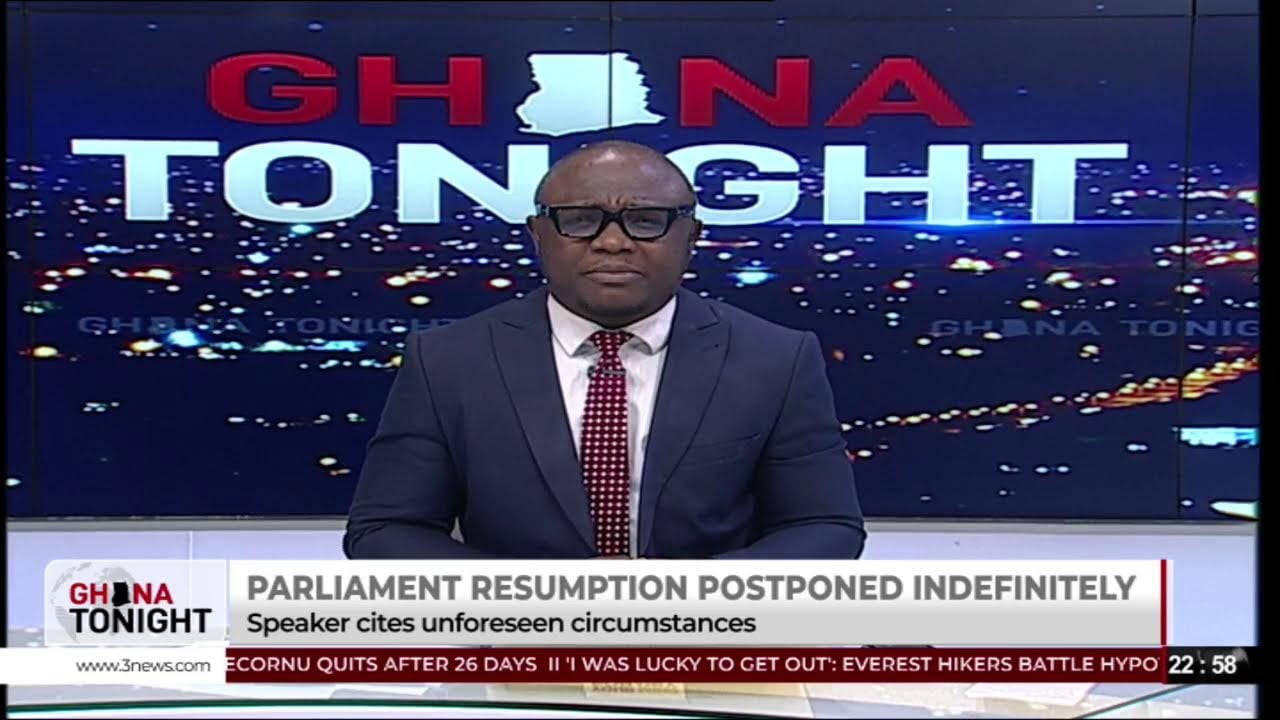

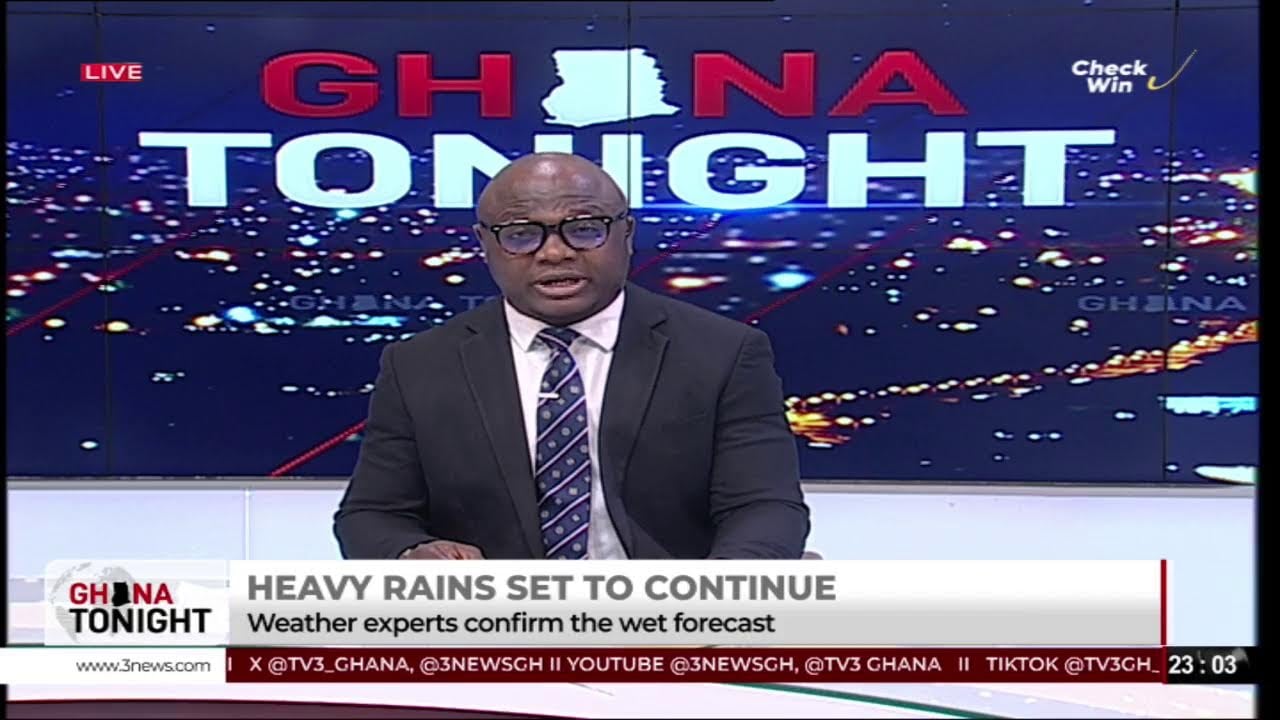


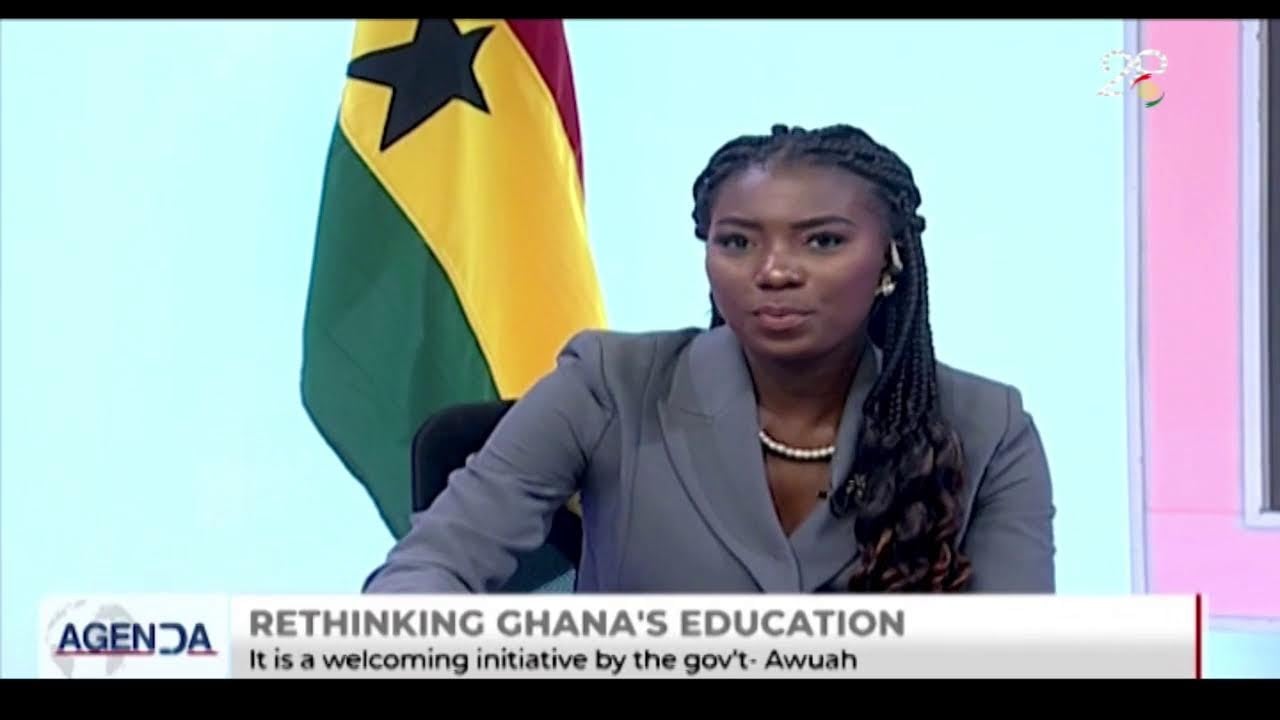


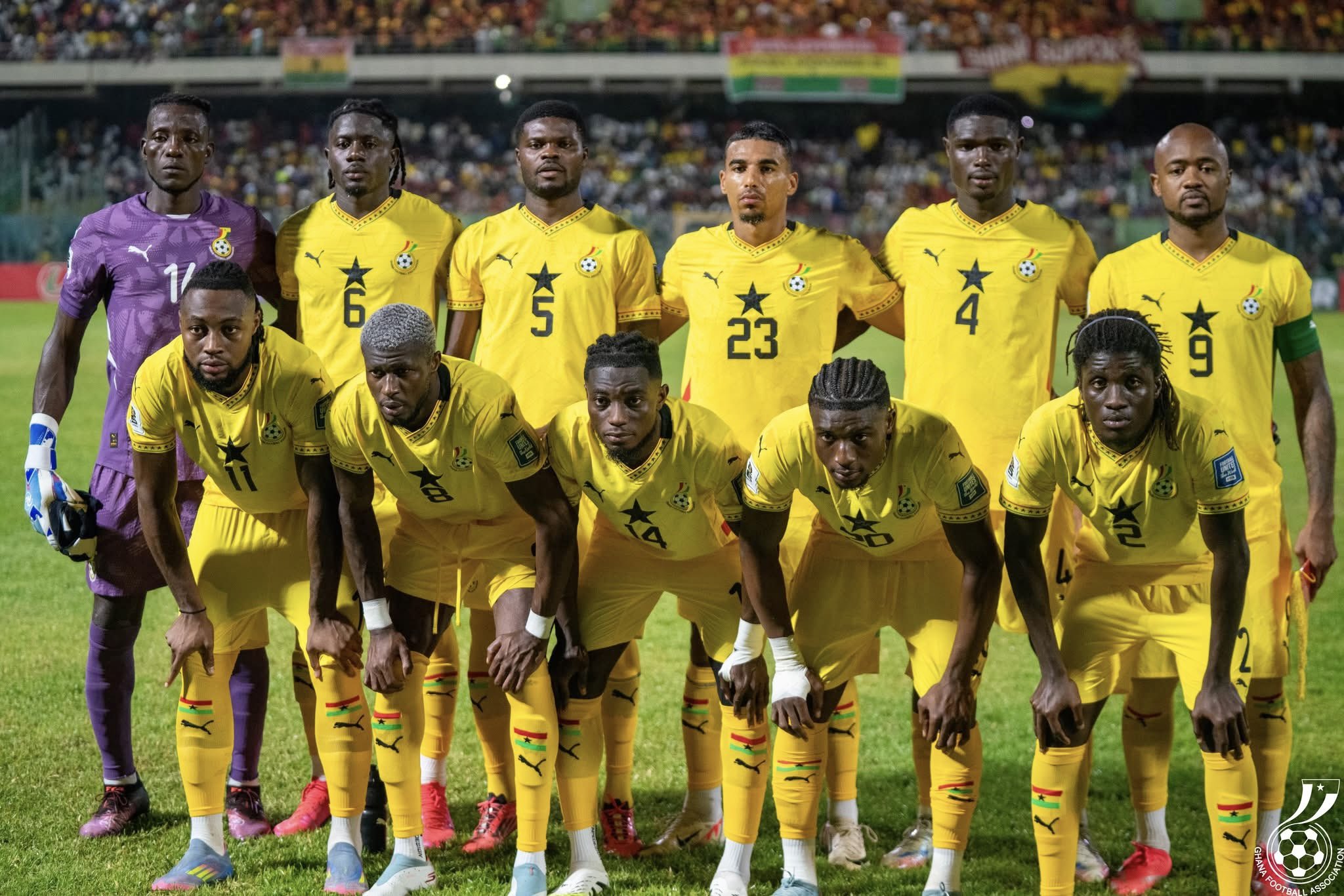
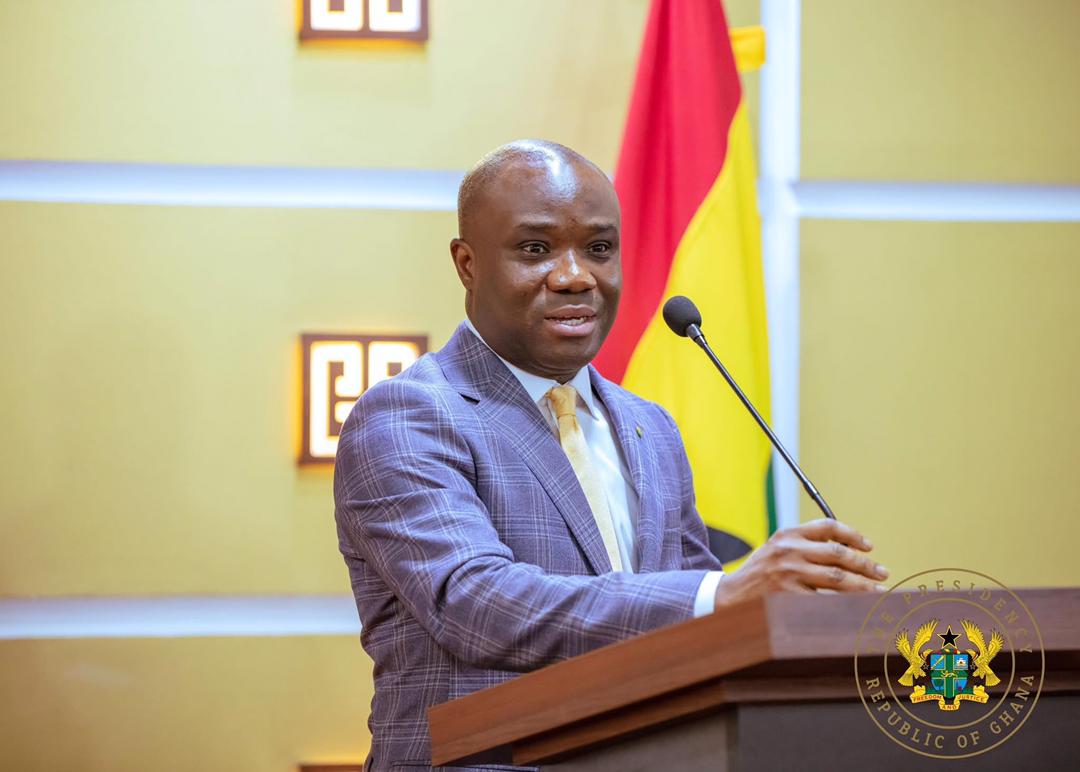







Facebook
Twitter
Pinterest
Instagram
Google+
YouTube
LinkedIn
RSS